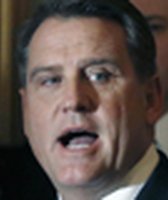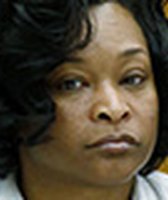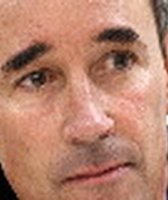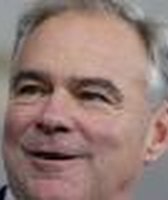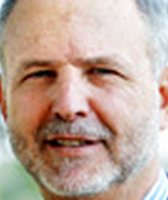Stand up for the facts!
Our only agenda is to publish the truth so you can be an informed participant in democracy.
We need your help.
I would like to contribute
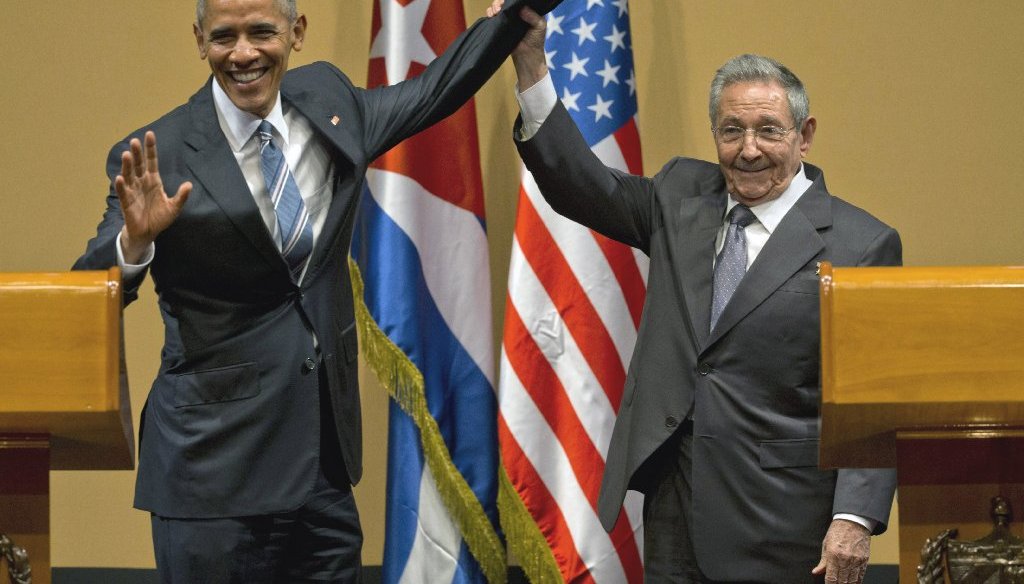
President Barack Obama's trip to Cuba last month marked the first time a U.S. president visited that nation since its 1959 revolution. (AP Photo).
President Barack Obama withered in Cuba, according to U.S. Rep. Rob Wittman.
"And then as you said earlier in the week, when Raul Castro got up there and chastised the United States and then the president turns around and thanks him for it," Wittman, R-1st, told the radio talk show host John Fredericks in a March 27 interview. "I’m like, ‘What in the world is going on here with what’s happening with how we’re dealing with the rest of the world?’"
Wittman said Americans want to their nation to take a leadership role on the globe "instead of apologizing for what America does."
We looked at the congressman’s claim that Obama thanked Castro for criticizing the U.S. during their recent meeting in Cuba. Ultimately, we couldn’t find a place for it on our Truth-O-Meter, because it’s open to interpretation whether Obama’s response amounted to an outright expression of gratitude for Castro’s critique or simply a diplomatic gesture one would expect when two heads of state meet.
The president’s trip and his response to Castro’s criticisms of the U.S. have generated a fair amount of discussion. So we wanted to share some of the statements by the two presidents and let you decide whether Obama caved or stood tall.
Farahn Morgan, Wittman’s director of communications, pointed us to excerpts of a transcript of a March 21, 2016, joint press conference the two presidents held at the Palace of the Revolution in Havana.
Castro’s criticism
Castro spoke first and tried to deflect long-held U.S. criticisms of Cuba’s human rights record and dismissed reports that the communist nation holds political prisoners.
"There are profound differences between our countries that will not go away, since we hold different concepts on many subjects such as political systems, democracy, the exercise of human rights, social justice, international relations, and world peace and stability," Castro said through a translator.
"We defend human rights," he added. "In our view, civil, political, economic, social and cultural rights are indivisible, interdependent and universal. Actually, we find it inconceivable that a government does not defend and ensure the right to health care, education, Social Security, food provision and development, equal pay and the rights of children. We oppose political manipulation and double standards in the approach to human rights."
Wittman believes Obama should have pushed back against Castro’s criticisms, Morgan said, and said the Cuban regime is ripe for criticism over its human rights record.
"Instead, the president effectively accepted Castro’s censure and thanked him for his ‘openness,’" Morgan wrote in an email. She pointed to these comments by Obama, made amid a four-minute reply to Castro.
Obama’s response
"President Castro, I want to thank you for the courtesy, and the spirit of openness that you’ve shown during our talks," Obama said. "At our meeting in Panama last year, you said that we’re willing to discuss every issue, and everything is on the table. So with your understanding, my statement will be a little longer than usual."
Morgan pointed to another comment Obama made in his reply:
"But as you heard, President Castro has also addressed what he views as shortcomings in the United States around basic needs for people, and poverty and inequality and race relations. And we welcome that constructive dialogue as well - because we believe that when we share our deepest beliefs and ideas with an attitude of mutual respect, that we can both learn and make the lives of our people better."
Obama made a similar point during the question-and-answer portion of the news conference by saying "I actually welcome President Castro commenting on some of the areas where he feels that we're falling short, because I think we should not be immune or afraid of criticism or discussion, as well."
But the president hardly was fawning.
"As is true with countries around the world where we have normalized relations, we will continue to stand up for basic principles that we believe in," Obama said in response to a question about political prisoners in Cuba. "America believes in democracy. We believe that freedom of speech and freedom of assembly and freedom of religion are not just American values but are universal values."
Coverage of the press conference noted that Obama prodded Castro to answer a question from CNN’s Jim Acosta about political prisoners. A perturbed Castro denied they exist in Cuba, a claim that our colleagues at PolitiFact National, citing numerous human rights organizations and reports, ruled False. The fact Castro even took questions from reporters is unusual.
In an interview later that day, ABC News anchor David Muir asked Obama about Castro’s criticism of the United States on equal pay and health care issues. Obama said it’s a familiar argument the Cubans use to divert scrutiny over their own human rights record.
"We should not use our shortcomings as a way of deflecting the kinds of repression that happens here (in Cuba)," Obama said.
In a speech the next day, March 22, Obama left his Cuban hosts with some parting thoughts.
"So let me tell you what I believe," he said. "I can't force you to agree, but you should know what I think. I believe that every person should be equal under the law. Every child deserves the dignity that comes with education, and health care, and food on the table, and a roof over their heads. I believe citizens should be free to speak their mind without fear, to organize, and to criticize their government, and to protest peacefully, and that the rule of law should not include arbitrary detentions of people who exercise those rights."
Our Sources
Rep. Rob Wittman’s comments on the John Fredericks Show, March 27, 2016. (his statement is at just over 10 minutes into video).
Email from Farahn Morgan, communications director for Rob Wittman, April 5, 2016.
Time, "Transcript of Obama’s press conference in Cuba," March 21, 2016.
CBS video of Obama and Cuban President Raul Castro’s news conference, March 21, 2016.
The White House, "Remarks by President Barack Obama and President Raul Castro of Cuba in a joint press conference," March 21, 2016.
The White House, "Remarks by President Obama to the people of Cuba," March 22, 2016.
The Washington Post, "Raul Castro, Obama spar on human rights, Guantanamo, views of U.S. and Cuba," March 21, 2016.
The New York Times, "Cuba meeting between Obama and Castro exposes old grievances," March 21, 2016.
Politico, "How Obama set a trap for Raul Castro," March 21, 2016.
BBC, "Obama and Castro spar over human rights," March 22, 2016.
ABC, "Exclusive: Obama begins historic visit in Cuba: ‘Change is gonna happen,’" March 20, 2016.
ABC, "Exclusive: Obama says Cuban leader Castro ‘truly wants change,’" March 21, 2016.
ABC, "President Obama and Cuban president clash on political prisoners in Cuba," March 21, 2016.
ABC World News Tonight, "Inside the Obama,Castro meeting," transcript, March 21, 2016.
PolitiFact, "Are there political prisoners in Cuba?" March 22, 2016.
The Miami Herald, "Want name’s of Cuba’s political prisoners Raul? Here they are," March 21, 2016.

